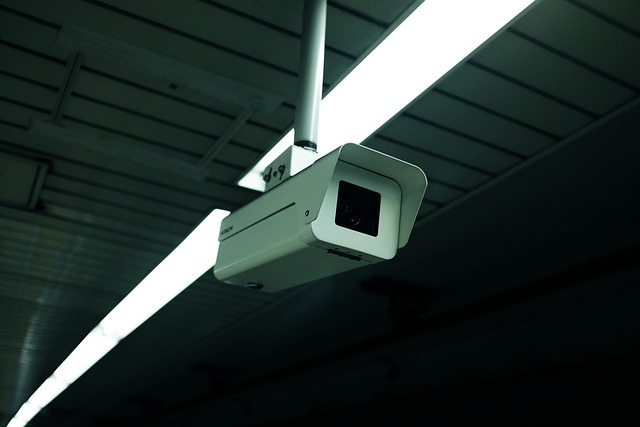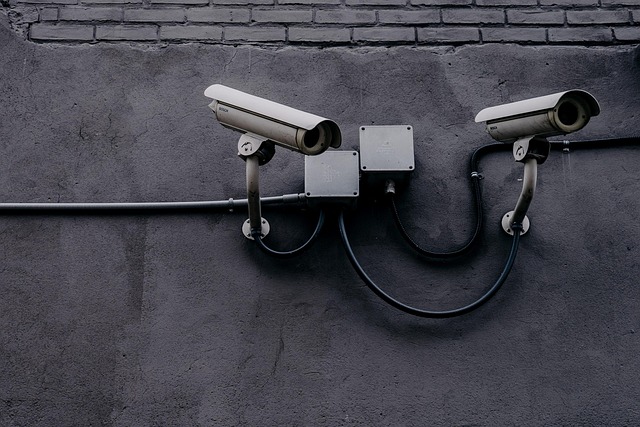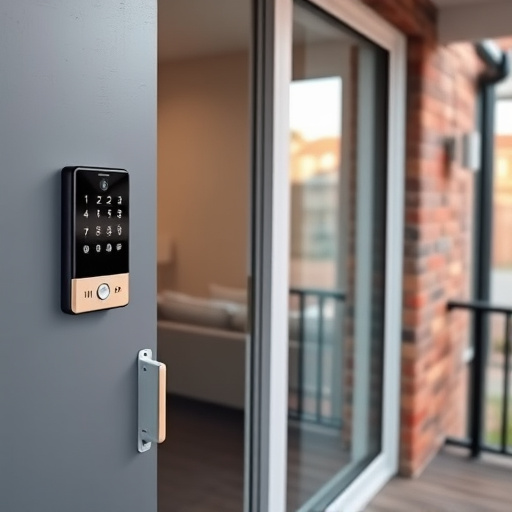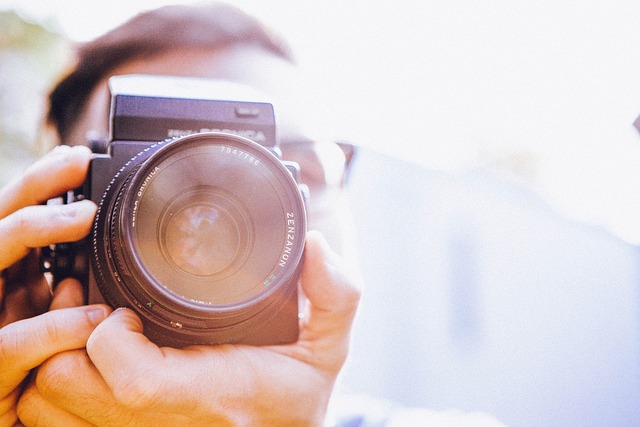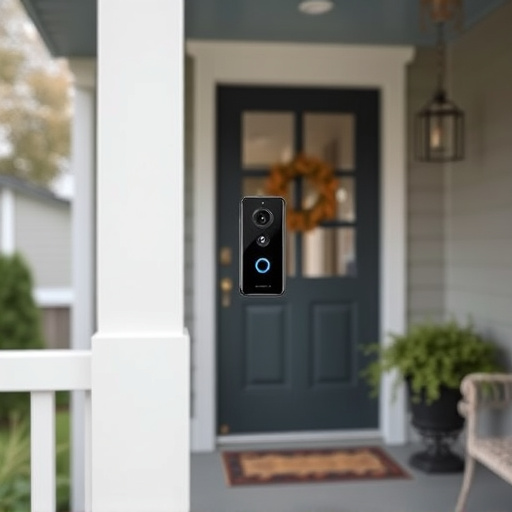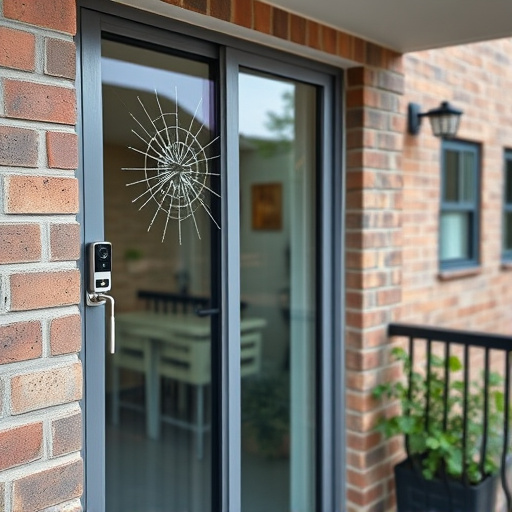Selecting the right security camera requires understanding your specific home security needs, including property size, layout, and concerns like elderly family members or pets. The ideal home camera offers clear video, sensitive motion detection, reliable connectivity, and features for peace of mind. Choose a system that matches your preferences, whether wired (professional installation) or wireless (DIY via Wi-Fi or cellular networks), considering HD quality, night vision, adjustable sensitivity, wide field of view, cloud storage, and seamless integration with popular home security platforms. Prioritize privacy and data protection through encryption, HTTPS connections, secure cloud storage, and robust password protections. Budget wisely by comparing models from reputable brands to find an effective security camera at an affordable price that meets your specific coverage needs.
Choosing the right security camera is crucial for ensuring your home’s safety and peace of mind. This comprehensive guide will walk you through the process of selecting an effective security system tailored to your needs. From understanding your home security requirements to exploring different camera types and key features, we’ll help you make an informed decision. Learn about installation, compatibility, privacy concerns, and budgeting tips for acquiring the ideal home camera that suits your budget without compromising quality.
- Understanding Your Home Security Needs
- Types of Home Security Cameras: An Overview
- Key Features to Consider When Choosing a Camera
- Installation and Compatibility: What to Expect
- Privacy and Data Security Concerns
- Cost and Budgeting for the Best Security System
Understanding Your Home Security Needs

Understanding your home’s unique security needs is the first step in choosing the right security camera. Consider factors like your property size and layout, areas prone to theft or vandalism, and any specific concerns like monitoring elderly family members or pets. The ideal home security camera should offer clear, high-resolution video, sensitive motion detection, and reliable connectivity—wireless or wired—to ensure effective surveillance.
When making your selection, think about the best security system for your needs. Some cameras offer advanced features like two-way audio, night vision, and integration with smart home devices. Choose a camera that provides peace of mind and enhances your overall home security without overwhelming you with complex setup or maintenance.
Types of Home Security Cameras: An Overview
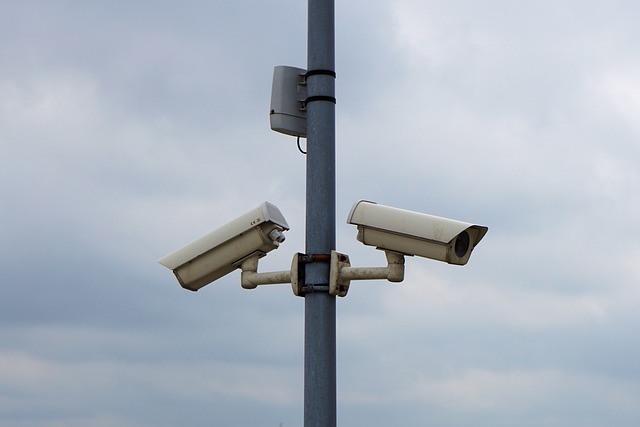
When it comes to choosing security cameras, the options can seem overwhelming. However, understanding the different types available simplifies the home security selection process significantly. The right security camera depends on your specific needs and preferences. For instance, wired cameras offer reliable, high-quality footage but require professional installation, while wireless models are more DIY-friendly but might have connection issues.
Wireless cameras are a popular choice for an ideal home camera due to their ease of setup and flexibility. They use Wi-Fi or cellular networks to transmit video, allowing you to monitor your home remotely via a smartphone app. These are particularly effective security cameras for real-time monitoring and quick response to potential threats. On the other hand, wired systems, often part of a best security system, provide constant power and stable connections, making them suitable for comprehensive home protection and advanced features like motion detection and recording.
Key Features to Consider When Choosing a Camera
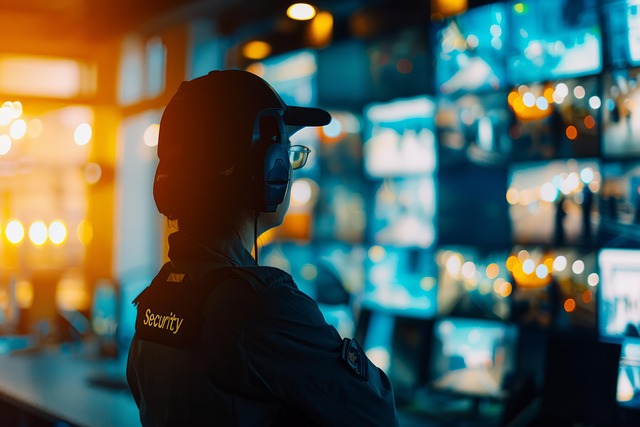
When selecting a home security camera, consider its key features to ensure it meets your needs effectively. The right security camera should offer high-definition video quality (HD or 4K) for clear, detailed footage. It should also have night vision capabilities using either infrared or passive IR technology to monitor your home in low-light conditions. Motion detection is another crucial feature; look for cameras with adjustable sensitivity settings to avoid false alerts.
Additionally, consider the camera’s field of view (FOV), which dictates how much area it can cover. A wider FOV ensures a broader surveillance range, but ensure it’s suitable for your space to prevent capturing unwanted areas. Cloud storage options are also beneficial; they allow you to access and review footage remotely via a smartphone app, providing peace of mind and an integral part of any ideal home camera or best security system.
Installation and Compatibility: What to Expect

When it comes to installation and compatibility, understanding your home’s unique needs is key when choosing a security camera. The ideal security camera should seamlessly integrate with your existing home security system for an effective whole-home protection network. Look for cameras that are compatible with popular home security platforms or smart home ecosystems for easy setup and control.
During the installation process, consider factors like placement for optimal view, reliable power sources, and internet connectivity for remote access. The right security camera should offer flexible mounting options to ensure you can position it in the most strategic locations around your property. With proper installation, these cameras become powerful tools that safeguard your home, providing peace of mind and enhanced security.
Privacy and Data Security Concerns

When choosing a home security camera, it’s crucial to consider privacy and data security concerns. The right security camera should offer robust encryption protocols to protect your video footage from unauthorized access. This means looking for cameras that support HTTPS connections, use secure cloud storage, and have strong password protections. Additionally, review the camera’s policies on data retention and ensure they align with your comfort level regarding how long your personal videos are stored.
Effective security systems should also provide clear transparency about data collection and usage practices. Check if the manufacturer has a reputable privacy policy in place and if the camera allows for local storage options instead of solely relying on cloud storage. By doing so, you maintain control over your sensitive footage, reducing potential risks associated with third-party data handling.
Cost and Budgeting for the Best Security System
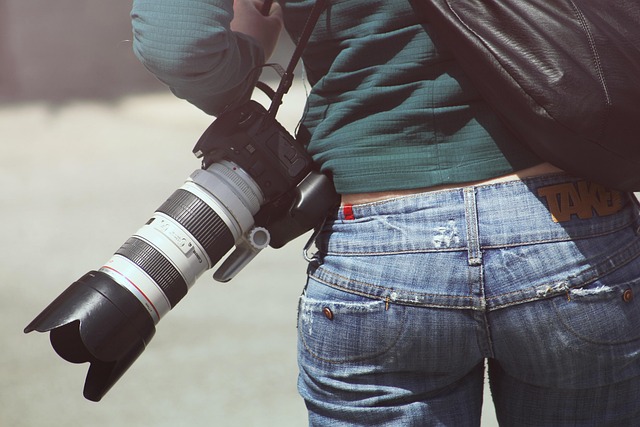
When it comes to selecting a home security system, cost and budgeting are essential considerations. The right security camera is more than just an investment; it’s a long-term commitment that should align with your financial capabilities. It’s important to note that “the best security system” isn’t necessarily the most expensive one. Effective security cameras offer a balance between quality features and affordable pricing, ensuring you get the ideal home camera without breaking the bank.
Choosing security cameras requires careful budgeting. Start by assessing your needs: do you require 24/7 monitoring, motion detection, or specific coverage areas? These factors will influence the cost. Compare different models from reputable brands to find an “ideal home camera” that fits within your budget. Remember, a well-researched and thoughtfully selected security system can provide significant peace of mind, knowing your home is protected without exceeding your financial limits.
